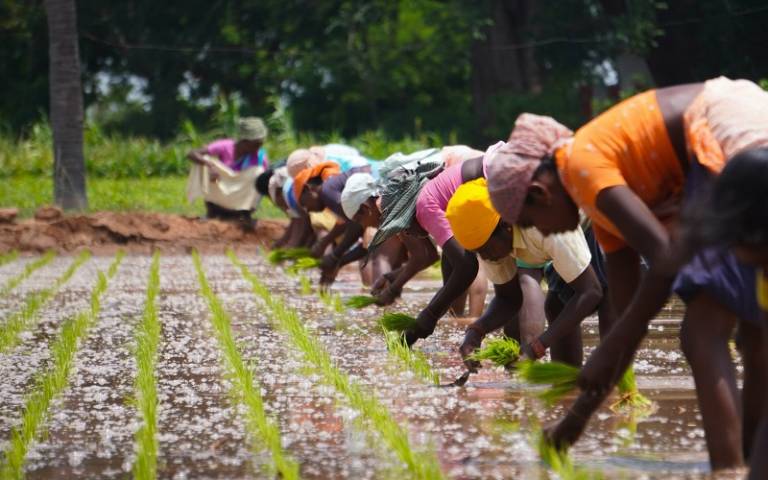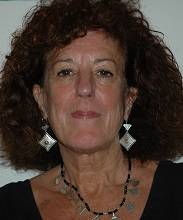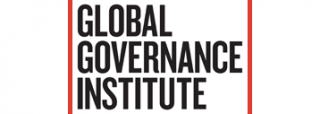Transforming Global Food Governance – Putting Public Policies Before Corporate Investments
17 May 2022, 6:15 pm–7:30 pm

How can we transform global food governance in a way that increases people’s agency and the accountability of governments? Join us on 17 May for this digital keynote lecture with Nora McKeon.
This event is free.
Event Information
Open to
- All
Availability
- Yes
Cost
- Free
Organiser
-
Julia Kreienkamp
The 2021 edition of FAO’s The State of Food and Nutrition Security in the World reported an increase in the number of hungry people for the fifth year running. Global food governance, fragmented and fraught with incoherencies, seems unable to halt this trend. Regulatory capacity has not kept pace with the global integration of markets and the galloping development of technology. Corporate power in food chains has grown steadily and financialization is transforming food and land into objects of speculation. World-wide, we witness shrinking space for civil society and reduced ambition for defending human rights. The primacy and legitimacy of the public sector is threatened by corporate capture of policy spaces while multilateralism is under attack from populist nationalism, and corporate-led multi-stakeholderism, as deployed in the UN Food Systems Summit. Coalitions of powerful commodity exporting countries are undermining the UN Committee on World Food Security, the only global food policy forum in which small-scale food producers and other concerned constituencies are full participants. But the prospects for transforming food governance are not unmitigatedly negative. COVID-19 has unveiled and exacerbated the structural inequalities and fragilities of global food chains, but it has also underscored the resilience of territorially-embedded food systems and the creativity of community-based responses of solidarity, often supported by local and sometimes national authorities. What would it take to provide globally coordinated support for what is termed ‘alternative’ food provisioning although, in fact, it provides some 70% of the food consumed world-wide?
Please note that the date of this webinar has changed from Tuesday, 22 March, to Tuesday, 17 May, due to UCU strike action.
About the Speaker
Nora McKean

Other events in this series
 Close
Close


